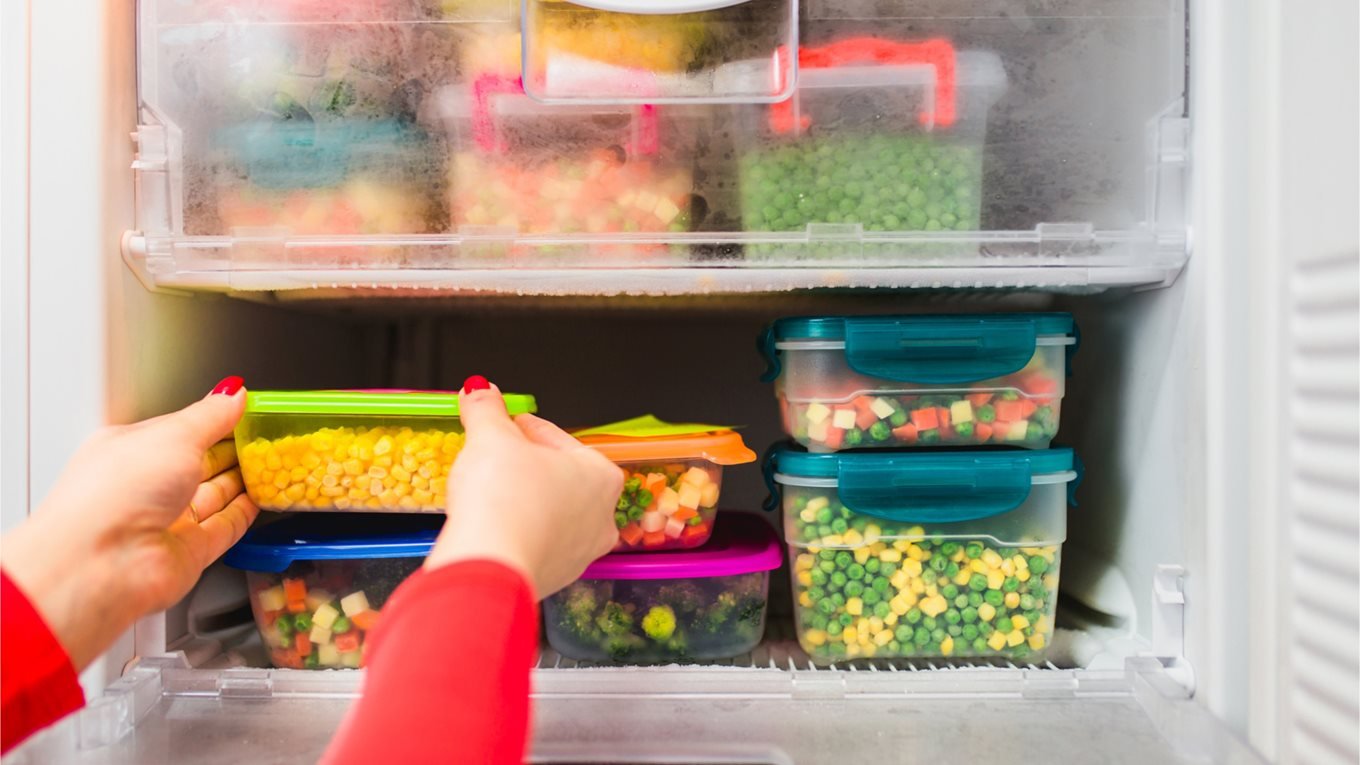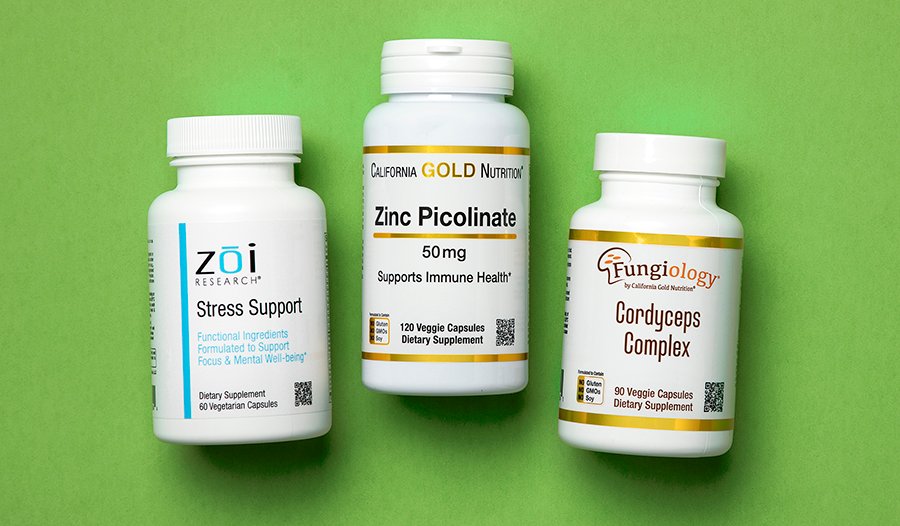Keeping your nutrition products fresh and effective is essential to ensure they deliver the maximum benefits. How to store nutrition products for maximum freshness is a question many people ask, especially when dealing with powders, supplements, or snacks. Proper storage prevents spoilage, preserves nutrients, and ensures you get the best value from your purchases. In this guide, we’ll explain everything you need to know to keep your nutrition products fresh and safe.
Store in a Cool, Dry Place
The first rule of storing nutrition products for maximum freshness is to keep them in a cool, dry place. Heat and humidity can degrade the quality of many products, causing them to lose potency or go bad. Avoid storing items in places like near the stove, in the bathroom, or in direct sunlight. A pantry or kitchen cabinet away from heat sources is ideal. If the packaging mentions specific temperature guidelines, be sure to follow them closely to maintain freshness.

Seal Containers Properly
Always ensure that your nutrition products are tightly sealed after each use. This simple step is crucial for keeping out air, moisture, and pests. Many products come with resealable bags or lids—use them as intended.
If the original packaging is not resealable, transfer the product into an airtight container. Glass jars or high-quality plastic containers are excellent options. Proper sealing prevents exposure to external elements that can degrade the product’s quality.
Keep Products Away from Light
Exposure to light, especially sunlight, can affect the freshness of nutrition products. For example, vitamins and supplements can lose their potency when exposed to UV rays. Always store products in opaque containers or inside cabinets where light cannot reach them.
For items like protein powders or meal replacements, the original packaging is often designed to block light. If you transfer the product, make sure the new container offers similar protection.
Refrigerate When Necessary
Certain nutrition products, such as probiotics, plant-based milks, or flaxseed oil, require refrigeration to maintain their effectiveness. If the label recommends refrigeration, follow these instructions to the letter.
However, not all products need to be stored in the fridge. For example, keeping protein powders or dried supplements in a cold environment might introduce moisture, which can cause clumping or spoilage.
Avoid Cross-Contamination
When scooping powders or supplements, always use clean and dry utensils. Introducing moisture or contaminants into the container can lead to spoilage or bacterial growth. Never use wet hands or spoons directly in the packaging.
Additionally, avoid storing nutrition products near strong-smelling foods or chemicals. Items like spices, cleaning agents, or onions can transfer odors and flavors to your products, affecting their quality and taste.
Pay Attention to Expiry Dates
Storing nutrition products for maximum freshness also means keeping an eye on their expiration dates. Consuming products past their expiry date can compromise their effectiveness and even pose health risks.
Organize your products by placing the ones with the closest expiration dates in the front. This system ensures you use older items first, reducing waste and maintaining a fresh supply.
Use Desiccants or Oxygen Absorbers
Many nutrition products come with small packets of desiccants or oxygen absorbers. These help keep the product dry and free of moisture. Don’t throw these packets away—they play an essential role in preserving freshness.
If you purchase nutrition products in bulk, consider adding extra desiccants or oxygen absorbers to your storage containers. They’re inexpensive and can make a big difference in extending shelf life.
Store in Small Portions
If you buy nutrition products in bulk, consider dividing them into smaller portions. This practice minimizes the amount of air exposure every time you open the container.
For example, you can transfer a month’s supply of protein powder into a smaller container while keeping the rest sealed in its original packaging. This approach helps maintain the freshness of the larger batch.
Avoid Freezing Most Products
While freezing might seem like a good idea for long-term storage, it’s not suitable for most nutrition products. Freezing can cause changes in texture and quality, especially for powders or supplements.
However, certain items, like nuts or seeds, can be frozen to extend their shelf life. Always check the label or consult the manufacturer’s guidelines before freezing any product.
Keep Products Organized
Finally, proper organization can go a long way in helping you store nutrition products for maximum freshness. Use labeled containers, group similar items together, and keep frequently used products easily accessible.
An organized storage system makes it easier to maintain good habits and ensures you use products before they lose their freshness.
Conclusion
Knowing how to store nutrition products for maximum freshness is key to preserving their quality and effectiveness. By following these simple steps—such as keeping them in a cool, dry place, sealing them properly, and avoiding contamination—you can maximize their shelf life and enjoy the full benefits of your investment.
Proper storage not only saves money but also ensures your nutrition products deliver the results you expect. With a little effort and attention, keeping your products fresh and ready to use becomes second nature.









